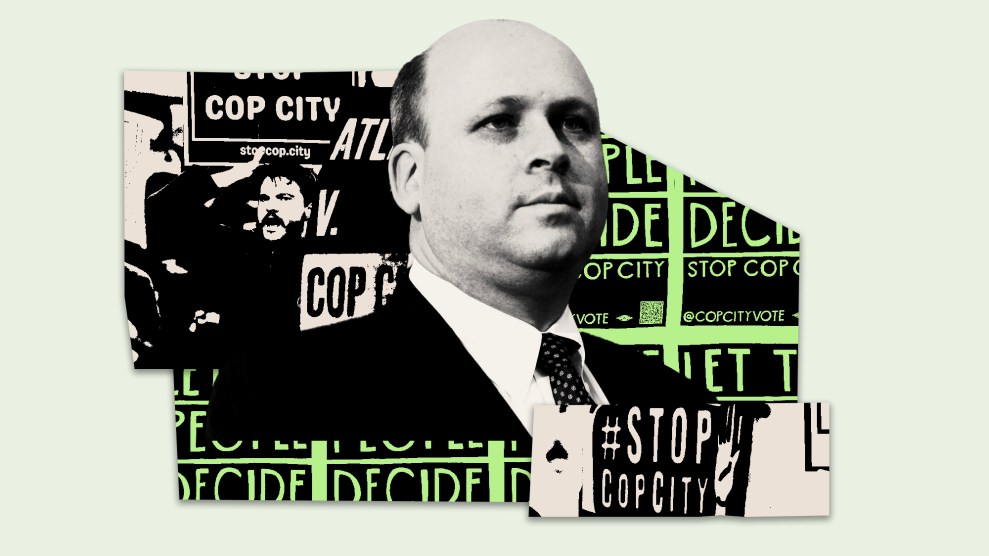
I got an email yesterday from a reader asking what I thought about Bill de Blasio appointing Bill Bratton as New York’s new police commissioner. After all, I’ve written that reduced lead exposure is most likely responsible for New York’s big crime drop in the 90s, not Bill Bratton, so we shouldn’t buy into the Bratton hype, should we?
As it happens, I think Bratton is a great choice. He did a good job with limited resources during his tenure in Los Angeles, and people I respect almost uniformly admire him. Sure, his mouth is a little bigger than it needs to be sometimes, but his community policing reforms were very successful, and he did a terrific job of rebuilding relations with LA’s minority communities during a very tense period. And while I don’t know enough about this stuff to really have an informed opinion, my sense is that his focus on things like CompStat and broken windows are pretty effective.
It’s worth re-emphasizing that the lead/crime theory is fairly limited. It explains one thing, and one thing only: the huge rise of violent crime starting in the 60s and its subsequent big drop starting in the 90s. This wave of crime, over and above any normal baseline, was probably due largely to skyrocketing childhood lead exposure in the years after World War II. However, the baseline level of crime isn’t zero. Take away all the lead and you’re still going to have plenty of crime. Good policing is what reduces that baseline level, and as best I can tell, Bill Bratton’s policing is very good. We’re not likely to see a 50 percent drop in crime during his upcoming tenure, but we probably can expect a modest drop in crime accompanied by better relations with the communities Bratton is charged with keeping safe.















